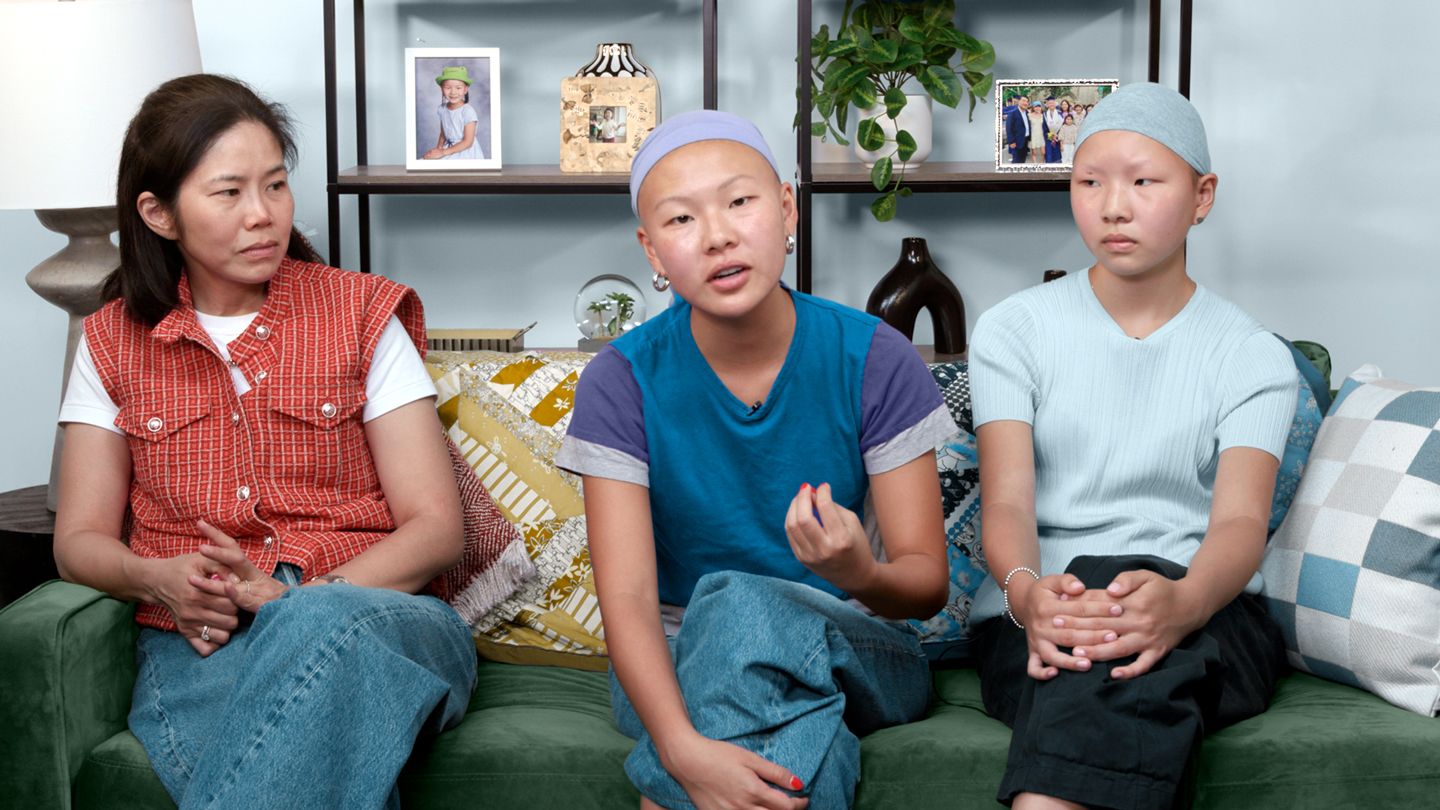Alison Lee was 5 years old when her hair started falling out. While her classmates bonded over doing each other’s hair, she was struggling with a new diagnosis: alopecia areata. “I didn’t know anyone else with the condition,” says Lee, now 19 years old. “And being stared at was pretty difficult.” About 10 years later, things changed for Lee when her mother took her to an in-person support group for people with alopecia in her hometown of New York City. “It was the first time I’d been in a room with other people with alopecia areata,” says Lee. “Seeing other people who had the condition and being able to speak to others who had similar experiences was incredibly validating. It made me feel really good about myself.” In 2021, when she was a sophomore in high school, Lee channeled those feelings and cofounded the Alopecia Justice League (AJL) with Kristen Lo Sicco, MD (a dermatologist), Lindsey Sullivan (who also has alopecia), and Julie Yoo. The organization raises awareness of alopecia, promotes community among people who have alopecia, and advocates for legislation at both the federal and state levels to expand insurance coverage of hair loss treatments and devices. “We were inspired to cofound the organization because we wanted to unify all the stakeholders in alopecia advocacy and awareness,” says Lee. “We saw this as broader than patients alone, but also their entire support systems parents, dermatologists, medical students, and residents.” The Goal Lee cofounded the AJL to educate others about alopecia areata, including the stigma around baldness, and advocate for insurance coverage for cranial prosthetics (wigs). Although people with alopecia shouldn’t feel obligated to wear wigs, Lee believes they should be affordable. She wore a wig while she was in elementary school something that was “really important for my mental health,” she says but she was surprised to learn that a good wig can cost between $500 and $2,000. “When people think of wigs, they think of a party accessory,” says Lee. “But for people who have alopecia and other hair loss conditions, they’re looking to buy high-quality wigs that are durable and comfortable.” Through the AJL, Lee met people who had to sacrifice basic necessities to afford their wigs something she insists should never happen. Currently, the AJL is advocating for bills that would mandate coverage for high-quality wigs under Medicare. The organization encourages everyone to participate in the cause. “We’re a community of not just alopecia patients, but politicians, dermatologists, medical students, and parents,” says Lee. Services They Provide As part of its commitment to community, the AJL offers a pen pal program, which connects both adults and children with others who have alopecia areata. Children are paired with one of the AJL’s mentors (teens with alopecia), who can help them navigate school, sports, and other social environments. In collaboration with its medical advisory board, the AJL also created a middle school curriculum, called Hair Heroes, that teaches students about the basics of alopecia, the mental impact it can have, and how to support a friend who has alopecia. “Several schools across the country teach the curriculum,” says Lee. Events In 2023, the AJL threw its first virtual Pen Pal Party over Halloween weekend. Members from all over the country signed on while wearing their costumes, giving everyone a chance to connect with the larger community, including their mentors. Members of the AJL also travel to Capitol Hill each year for Hill Day to advocate for bills and legislation that would mandate insurance coverage for cranial prosthetics. Core Belief.
https://www.everydayhealth.com/skin-conditions/spotlight-on-alopecia-justice-league/
Salsanis Analytics
